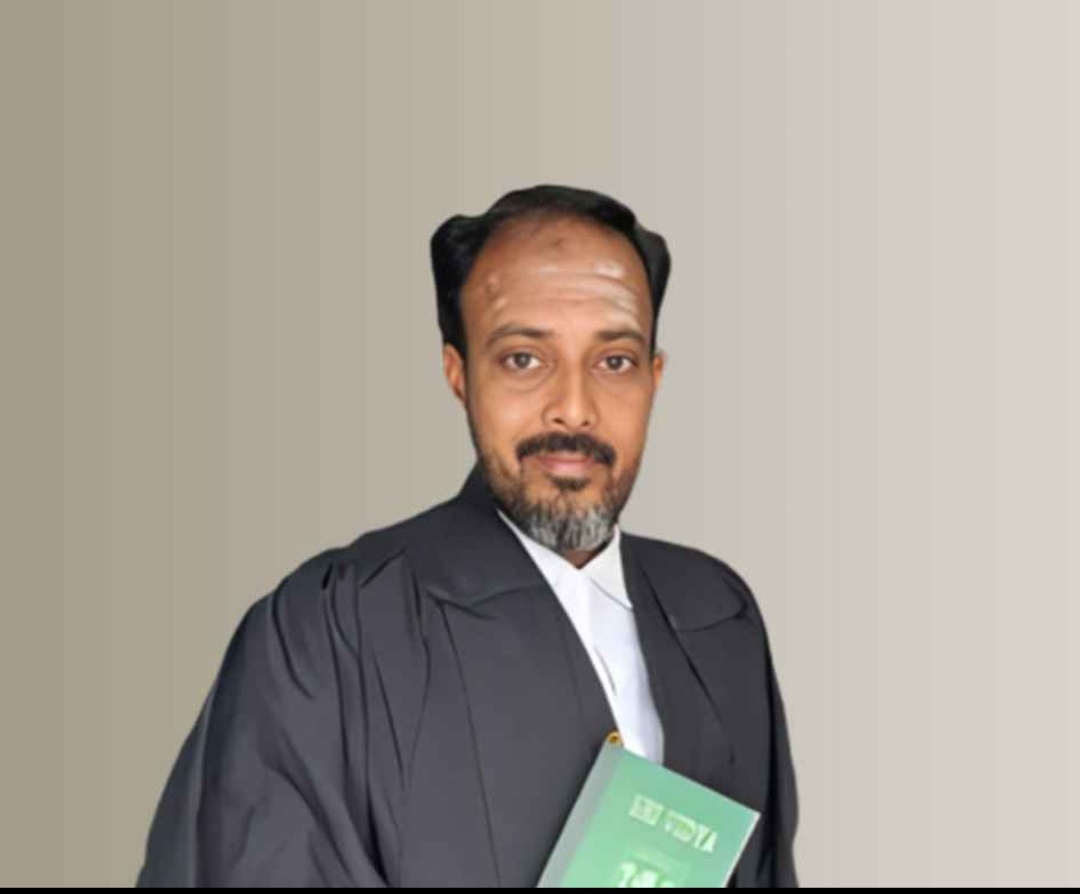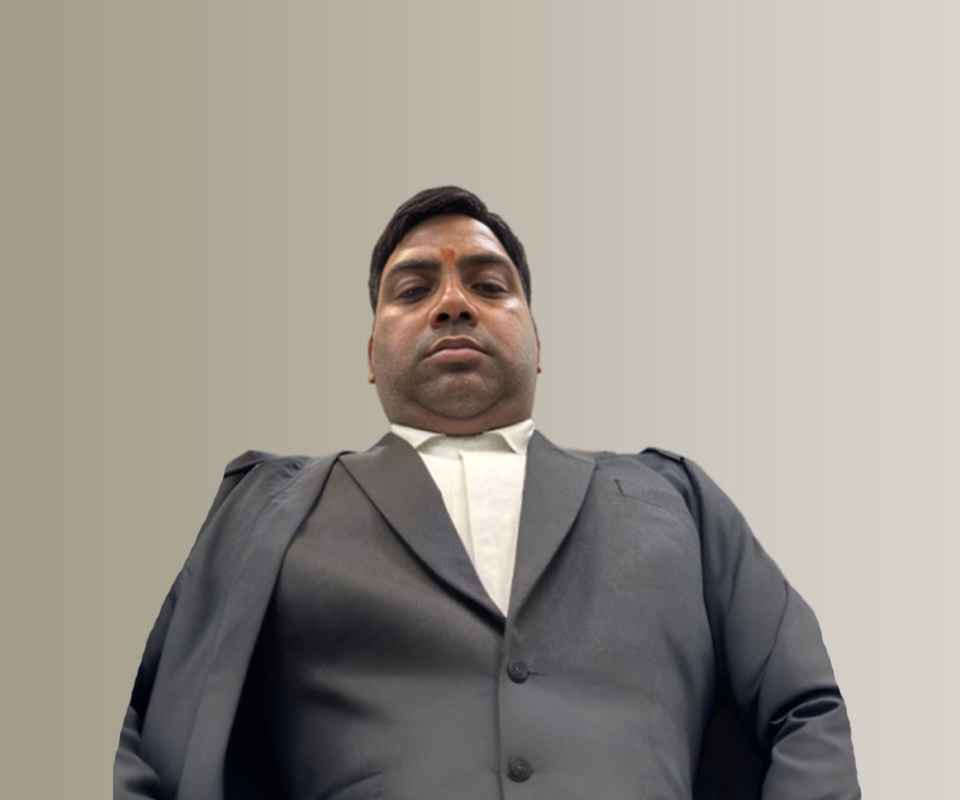Answer By law4u team
Constitution Of India Article 164: Other Provisions As To Ministers
(1) The Chief Minister shall be appointed by the Governor and the other Ministers shall be appointed by the Governor on the advice of the Chief Minister, and the Ministers shall hold office during the pleasure of the Governor: Provided that in the States of {1}[Chhattisgarh, Jharkhand], Madhya Pradesh and {2}[Odisha] there shall be a Minister in charge of tribal welfare who may in addition be in charge of the welfare of the Scheduled Castes and backward classes or any other work.
{3}[(1A) The total number of Ministers, including the Chief Minister, in the Council of Ministers in a State shall not exceed fifteen per cent. of the total number of members of the Legislative Assembly of that State: Provided that the number of Ministers, including the Chief Minister in a State shall not be less than twelve: Provided further that where the total number of Ministers including the Chief Minister in the Council of Ministers in any State at the commencement of the Constitution (Ninety-first Amendment) Act, 2003 exceeds the said fifteen per cent. or the number specified in the first proviso, as the case may be, then the total number of Ministers in that State shall be brought in conformity with the provisions of this clause within six months from such date {4} as the President may by public notification appoint.
(1B) A member of the Legislative Assembly of a State or either House of the Legislature of a State having Legislative Council belonging to any political party who is disqualified for being a member of that House under paragraph 2 of the Tenth Schedule shall also be disqualified to be appointed as a Minister under clause (1) for duration of the period commencing from the date of his disqualification till the date on which the term of his office as such member would expire or where he contests any election to the Legislative Assembly of a State or either House of the Legislature of a State having Legislative Council, as the case may be, before the expiry of such period, till the date on which he is declared elected, whichever is earlier.]
(2) The Council of Ministers shall be collectively responsible to the Legislative Assembly of the State.
(3) Before a Minister enters upon his office, the Governor shall administer to him the oaths of office and of secrecy according to the forms set out for the purpose in the Third Schedule.
(4) A Minister who for any period of six consecutive months is not a member of the Legislature of the State shall at the expiration of that period cease to be a Minister.
(5) The salaries and allowances of Ministers shall be such as the Legislature of the State may from time to time by law determine and, until the Legislature of the State so determines, shall be as specified in the Second Schedule.
NOTE
1. Subs. by the Constitution (Ninety-fourth Amendment) Act, 2006, s. 2, for Bihar (w.e.f. 12-6-2006).
2. Subs. by the Orissa (Alteration of Name) Act, 2011 (15 of 2011), s. 4, for Orissa (w.e.f. 1-11-2011).
3. Ins. by the Constitution (Ninety-first Amendment) Act, 2003, s. 3 (w.e.f. 1-1-2004).
4. 7-1-2004, vide notification number S.O. 21(E), dated 7-1-2004.
Brief Detail
Article 164 outlines the process for the appointment of the Chief Minister and other Ministers in the States, with the Governor appointing them based on the advice of the Chief Minister. It also stipulates the upper limit on the number of Ministers in a State and mandates that the number must not exceed fifteen per cent of the total members of the Legislative Assembly. Furthermore, it ensures a minimum number of twelve Ministers, with provisions for states that exceed this limit to comply with the new regulations within six months.
Question & Answers
Who appoints the Chief Minister and other Ministers according to Article 164?
The Chief Minister is appointed by the Governor, and the other Ministers are appointed by the Governor on the advice of the Chief Minister. The Ministers hold office during the pleasure of the Governor.
What are the provisions for the number of Ministers in a State as per Article 164(1A)?
As per Article 164(1A), the total number of Ministers, including the Chief Minister, in a State should not exceed fifteen per cent of the total number of members in the Legislative Assembly of that State. However, the number of Ministers should not be less than twelve. Additionally, if a State exceeds this limit, it must conform to the regulations within six months as notified by the President.
Example
For example, if a state like Chhattisgarh has a Legislative Assembly with 100 members, then the total number of Ministers, including the Chief Minister, cannot exceed 15 (fifteen per cent of 100). The state must also have at least twelve Ministers. If the state has more than 15 Ministers, it must reduce the number to comply with this limit within six months.
Summary
Article 164 establishes the process for appointing the Chief Minister and other Ministers in the states, while limiting the total number of Ministers to 15% of the Legislative Assembly members. It also includes provisions to ensure that the number of Ministers remains within the legal limits.







